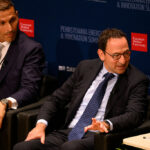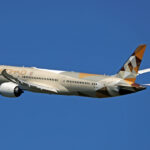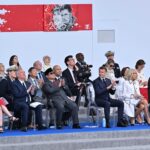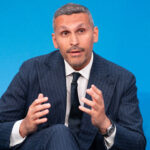Tracking Gulf newsmakers at the Milken summit in Beverly Hills
From Saudi Arabia’s Minister of Investment to leaders of Mubadala, Alat and the Tadawul exchange, there was much to glean at the conference
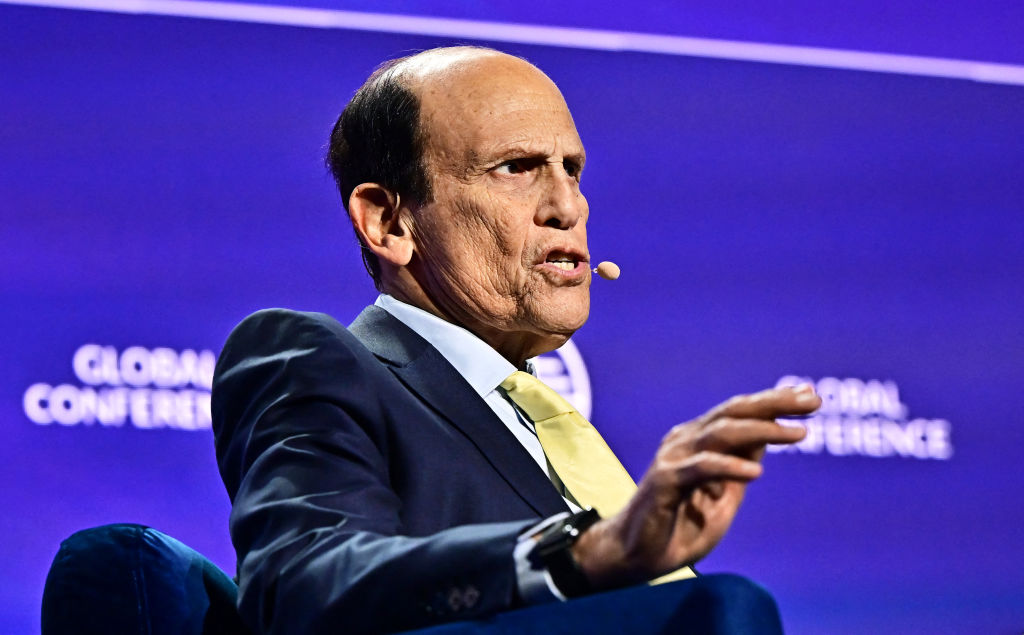
Michael Milken, Chairman, Milken Institute, speaks at the 27th annual Milken Institute Global Conference at the Beverly Hilton (Photo: Getty Images)
The Gulf is open for business — and on the move. That was the message from key Middle East players attending the Milken Institute Global Conference this week at the Beverly Hilton.
The Circuit offers a roundup of newsmaking...

